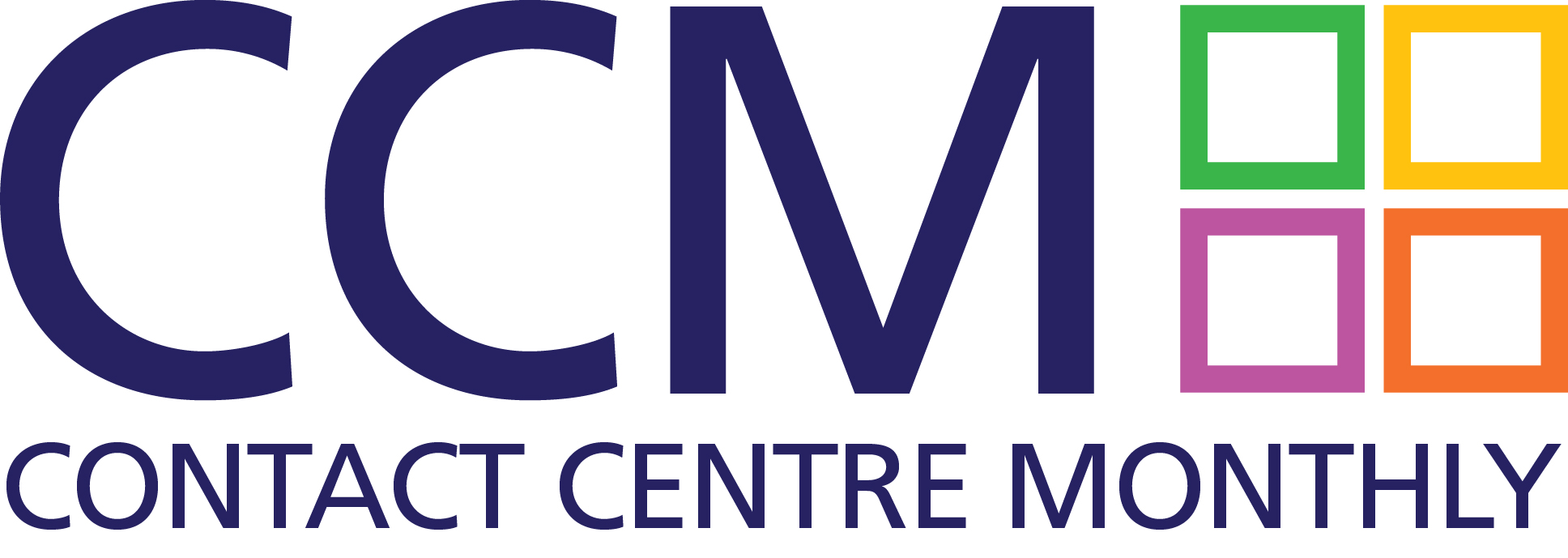Quality and authenticity both matter in effective signposting. Here’s why
Customers in tricky circumstances don’t access support just because it’s available; they access it when it feels trustworthy. Too often, organisations focus on what’s offered, not how it’s offered, ticking the compliance box without considering the human.
In the moment of need, trust in both the quality of how support is positioned and the quality of the support itself is critical.
Trust begins with the way we offer help
Let’s start with the moment of truth: our customer has just shared a vulnerability. Perhaps it’s financial hardship, anxiety, or a situation they’ve never spoken aloud before. They may not be ready to ask for help, or they’re hovering at the edge.
This is where our customer facing teams can either open a door or let it close.
Positioning support well is an art. Beyond the confidence it takes a team member to choose to ‘lean in’ rather than shut down in response to a disclosure, it involves building emotional safety, offering options with care, and reassuring the customer that taking up help is both valid and voluntary. In that moment – our tone of voice, our choice of words – trust either starts to take root… or it doesn’t.
The good news? Learning to shift from saying, “Here’s what’s available,” to communicating, “You’re not alone. There may be support that fits you, and it’s okay to explore it when you’re ready,” is a buildable skill, and it’s one we can all improve.
Scripted empathy erodes trust
In our customer conversations, we’ve all heard the attempts at empathy that don’t quite land:
“I’m sorry to hear that. Is there anything else I can help with today?”
We’re all customers ourselves; we know what packaged (or absent) compassion sounds and feels like. In vulnerable moments, that kind of disconnect can be jarring. Empathy that rings hollow doesn’t build trust… and it certainly doesn’t encourage someone to take up help.
Genuine support sounds different. It sounds like someone proving they’re listening: adjusting their tone, slowing their pace, offering time. It might sound like:
“It’s completely understandable to feel overwhelmed. You don’t need to make any decisions now, but we can go through some support options together, or if you’d prefer, I can send you a link so you can come back to them when you’re ready.”
It’s not always longer than the ‘checkbox’ way of doing things… But it is always more human.
It moves beyond, “the correct resource was offered,” to the real test:
Did this conversation make it more likely the customer would feel safe enough to access support?
This is not a criticism of frontline teams. We recognise that colleagues are often trying to show care within rigid frameworks that prioritise efficiency and compliance over emotional nuance. Even the most reputable service can be declined or ignored if the conversation around it doesn’t feel trustworthy.
When support is offered in a rushed, robotic, or overly scripted way, we risk undermining the very thing we’re trying to do: reduce barriers to access. If we want customers to take up the support we offer, we need to make space for something more human.
But… what happens when they do say yes?
So, we’re getting better at positioning support… here’s the part we don’t always talk about: what happens next. Trust doesn’t stop at the offer. It must carry through into the experience.
Imagine a customer deciding possibly after many hours, days, or weeks of hesitation, to follow up on the support mentioned in a call or email. They’ve built up the courage, made space in their day; picked up the phone… or maybe even travelled somewhere to seek help face-to-face.
But the helpline doesn’t work. The webpage is broken. It turns out the help isn’t available in their area. Or worse: they walk to the venue, only to find it shut, cancelled, or maybe permanently cut due to funding.
This kind of experience can set someone already struggling back. It can undo all the courage it took to reach out. For a person already feeling uncertain, unsupported, or ashamed, a dead end like this can reinforce every reason they had not to ask for help in the first place – and make them wary of trying again.
Resource vetting isn’t optional, it’s a vital safeguard
This is why quality matters just as much behind the scenes as it does in the signposting conversation. Organisations that take effective support for vulnerable circumstances seriously must ensure quality of both information and conversations:
– The services they signpost to are rigorously vetted for relevance, availability, and credibility
– Information on the rapidly changing support landscape is regularly reviewed and updated
– Teams are trained to listen for signs of readiness, risk, and resistance – and to position support services in a way that reassures the customer that help may be available, and is normalised to avoid them feeling singled out
– QA measures include indicators of emotional attunement, alongside regulatory compliance
Signposting isn’t the finish line. But it is a vital part of the support journey – and it has to hold up under real-world pressure.
Let’s redefine what ‘good’ looks like in signposting
The quality bar can’t stop at “we mentioned [household name charity].” It needs us to ask:
– Are the resources we signpost to genuinely appropriate, current, and available?
– Did the conversation make it more likely that the customer would take action – and feel supported in doing so?
Genuine support holds up when someone reaches for it.
Final word: the cost of getting it wrong
A reassurance of support without quality, vetted and relevant resources can cause harm. If the trust we build in a moment isn’t backed by reliable information and accessible services at the point when a customer takes the courageous step to reach out for help, we risk breaking that trust, losing our credibility, and, worse, losing the customer’s willingness to try again.
In times where help can be hard to ask for and even harder to trust, we have to do better. When someone finally says yes to support, we have a duty to make sure that support is really there.
National Support Network delivers customisable support directories and positioning training for leading brands. For further information visit nsn.org.uk or email info@nsn.org.uk.



